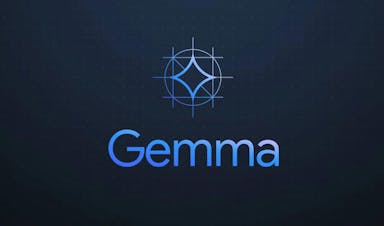What we miss when we don’t talk to our customers

As SaaS makers, we understand the importance of knowing our customers. Our analytics stacks are packed with tools to track their every move from their moment of discovery to their user events.
We constantly extract trends, optimize based on behavior, and segment our customers all in an attempt to know them.
Yet, when was the last time you actually talked to a customer? No, not a well-structured user interview with carefully curated questions, but simply, an open-ended conversation?
If you follow the advice of most experts, those open-ended conversations are the ones we’re supposed to avoid. When I searched “Talking to my SaaS customers,” Google spat out a lengthy list, with the top results offering alternatives like survey tools, chatbots, and customer service automations.
The few articles that ranked with pointers on talking to customers emphasized the importance of efficient, well-structured user interviews with carefully crafted questions. These goal-driven conversations are narrowly focused and intend to answer very specific questions in a short amount of time.
When did we accept that we need to understand our customers’ micromovements, but, whenever possible, avoid actually talking to them?
The unconventional conversation that changed my perspective
I’m a student of The Mom Test. Multiple times a week, I talk with Morgen customers, the people who have a vested interest in our product’s evolution, and understand the problem we’re trying to solve.
I start each conversation by emphasising that our time will be a quick 15 minutes and by thanking them profusely for their time. I dive into my carefully curated questions, all with an aim to better understand their experiences and problems in concrete terms.
My approach is friendly, but also, efficient. After all, Morgen is a time management platform and respecting customers’ time has always been of the utmost importance
Our Product Hunt launch, however, gave me a new perspective on what it means to talk to your customers.
Our team was committed to spending the day focused on the launch—we were active on our social channels and our launch page, interacting with comments and questions as they popped up.
Then, a comment on our launch page caught our attention. Erik Jentges, a Morgen customer, shared his experience. It was a thoughtful review and the kind of kudos that feels affirming. But what really made this comment different was the last few lines—Erik told us that he, too, is based in Zurich and offered to bike over to our office with chocolate to fuel our launch.
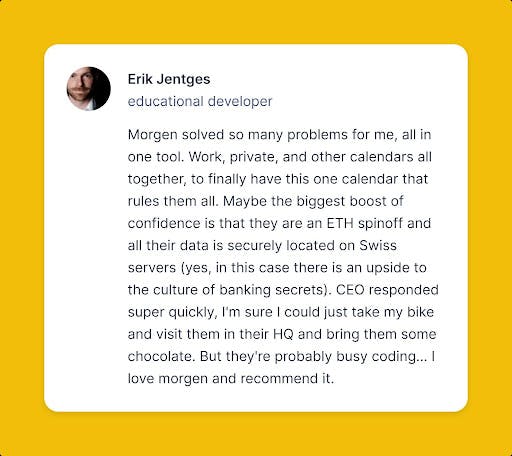
Now, I know offers made online are often assumed to be empty. No one actually thinks you’ll say yes and it’s usually just the sentiment that counts. I would typically respond to an offer like this with a polite “thank you.”
My team and I take chocolate seriously though, so we immediately invited Erik over. It turned out that this wasn’t an empty offer. The following week, Erik biked to the Morgen HQ, and we had coffee and chocolate and talked for a couple of hours.
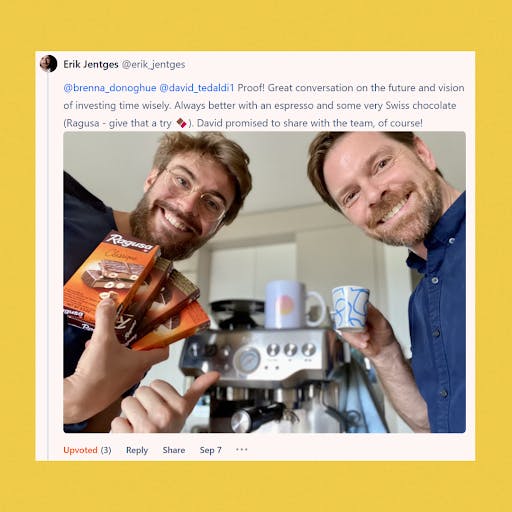
Admittedly, I was a bad student of The Mom Test that day. I didn’t try to keep focused on my learning agenda, I didn’t ask specific questions about new features or experiences, and never once did I open up Morgen to ask him to show us how he uses it.
Instead, we talked, free from agenda. We discussed how we’re each trying to invest our time more wisely and be more intentional with our actions, and Erike also told us how he talks about planning and prioritization with his students.
Morgen’s time management platform was certainly a part of our conversation, but it was in the background. We were focused on the bigger picture, of which Morgen is only a piece.
It reminded me that how we use, prioritize, and plan our time is an emotionally-invested process and it reflects what we each value most. Yes, we all use tools, and care about the experience and functionality they offer, but at the end of the day those tools are there to serve a higher purpose.
As a maker, there is no greater feeling than knowing that we’re creating value in someone’s life.
Not all great conversations need to be agenda-free and chocolate-fuelled
This revelation doesn’t mean I’m ditching surveys, analytics tools, and user interviews. They are each, in their own right, valuable ways of learning more about how people perceive and use Morgen, and have critically informed our UX and features.
I’m also not reverting to 2019, when face-to-face conversations were almost always prioritized over virtual ones. After all, Zurich is small and Morgen’s user base is global.
I am now starting to carve out time for bigger conversations though, and seeking out people who are willing to invest a bit more than a quick 15. With more time invested, we can explore how our customers broadly perceive time management and where they see opportunities to manage their time in new ways.
These conversations probably won’t help us refine our features or optimize our experience, but they may help us keep the bigger picture in mind. Who knows— they might be where we uncover the next big opportunity for where we go next or what we want to solve.
In the meantime, if the conversations are occasionally paired with coffee and chocolate, that’s all the better!
Comments (25)
Chetan Natesh
Founder of Rozmer
Brenna Donoghue
Marketing Leader @Morgen.so
Boyd Fletcher
I am a publisher, know to get your book.
Brenna Donoghue
Marketing Leader @Morgen.so
sidney alves
futebol - musica-rh-contabilidade.
Kevin
Founder at Bardo
Brenna Donoghue
Marketing Leader @Morgen.so
David Tedaldi
Launching TimeTo — go sign up today!
Kevin
Founder at Bardo
Murali Gottumukkala
Co-Founder @aasaan
More stories
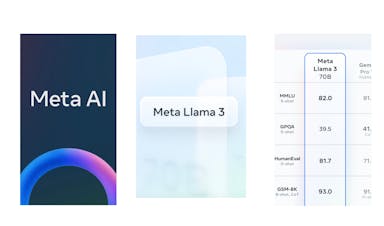
Kyle Corbitt · How To · 3 min read
What we've learned in 3 days of Llama 3
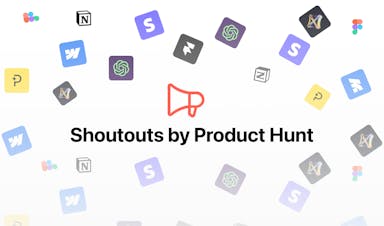
Aaron O'Leary · Announcements · 2 min read
Introducing Shoutouts
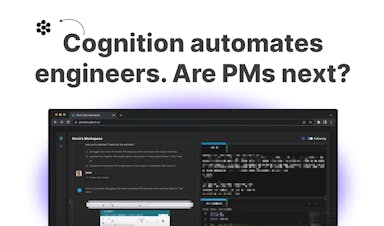
Finn Lobsien · Opinions · 5 min read
Can Devin AI Replace Product Managers?

Aaron O'Leary · News · 2 min read
Meet Nvidia's new localized AI chatbot

Sarah Wright · News · 2 min read
The top 15 AI products from 2023

